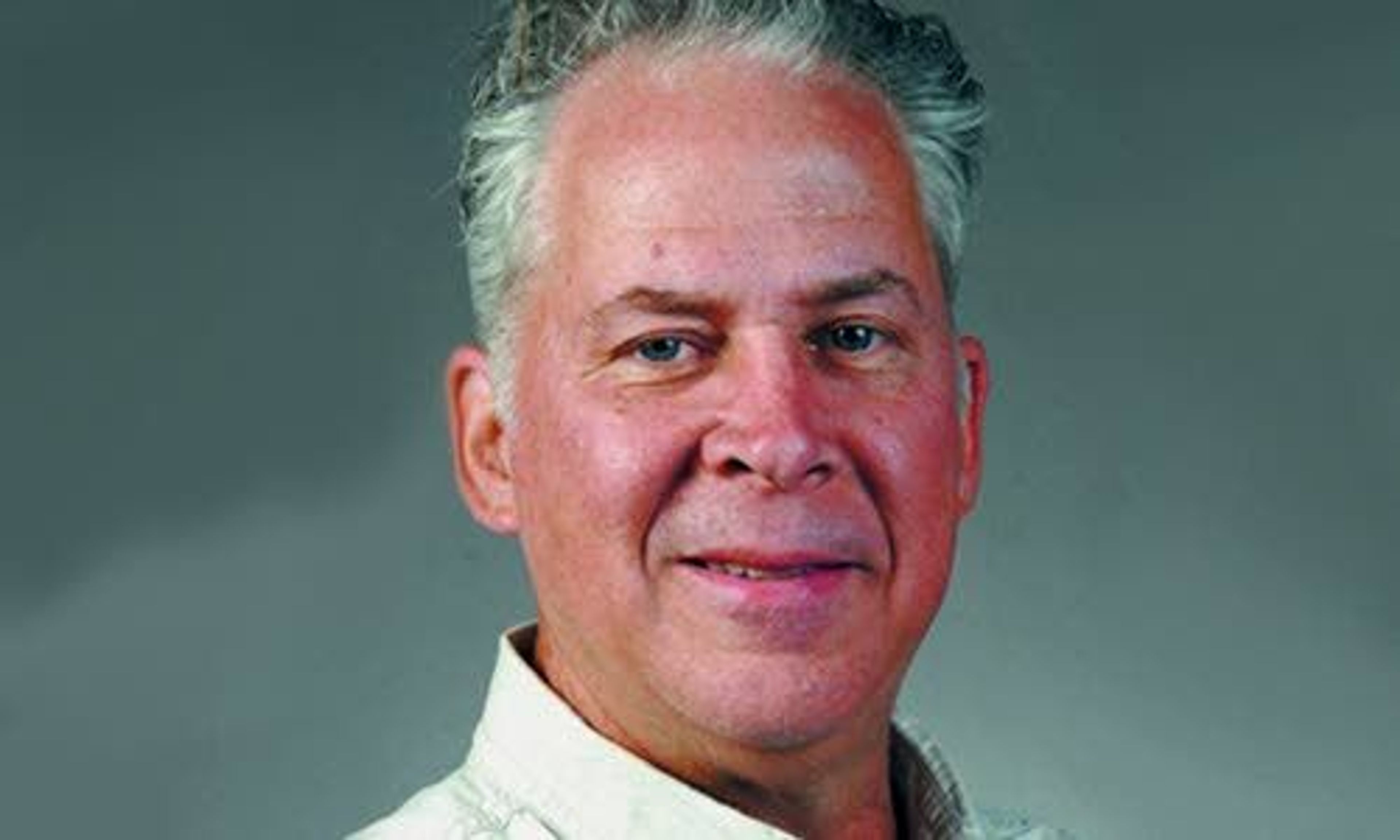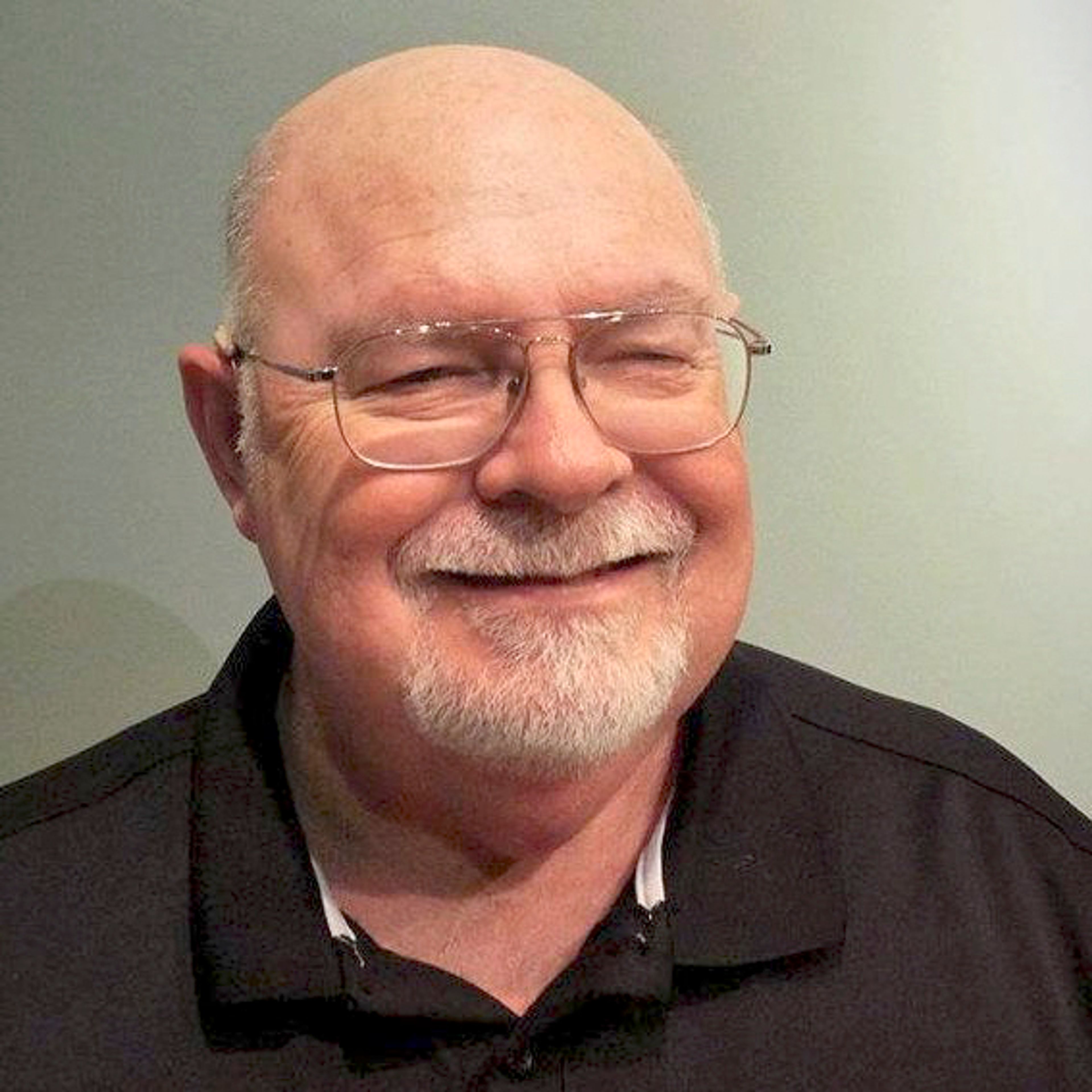A few weeks back, my wife and I headed to Portland, Ore., for a mini-vacation and a concert.
Driving into Portland on a route we have used for 25 years, we noticed tents and tent camps everywhere — under bridges, in abandoned properties and tarp cities.
We also saw many abandoned camps. The people were gone. The trash was left behind. Garbage, tarps, things collected and used were now left behind for someone else to pick up — or as it looked, not pick up. What a great view for tourists coming to visit. Welcome to Portland — a literal sewer and garbage dump.
We stayed downtown where, as you walk, you can see people in sleeping bags everywhere. These are people without shoes or socks.
In old Chinatown, people were in every door stoop with their stuff. Outside nice restaurants, homeless folks were camping with all their stuff against the windows and stoops, drinking wine and smoking weed while others dined on the other side of the glass inside.
We saw people so wasted they couldn’t stand up in front of operating businesses.
I saw people sharing needles on the sidewalk. I saw used needles on the sidewalks.
We rode the MAX from Modi Center and decided not to get off at the first stop because there were 50 people sleeping and many others partying it up. It looked unsafe.
The root causes of homelessness are and have been mostly societal problems, such as mental illness, addiction and domestic violence and they have always existed in the United States.
Widespread homelessness has not.
The current crisis stems from decisions made during a generation: The flood of returning Vietnam-era vets in the 1970s coincided with a national push to de-institutionalize mental hospitals. In the 1980s and ’90s, under both Republican and Democratic presidents, the federal government got out of the business of building public housing and pushed direct responsibility for caring for poor and vulnerable people to state, county and city governments.
More then 50 percent of all homeless people counted in the U.S. suffer from some physical or psychological problem. California has 109,000 homeless. Oregon has 11,000 and Washington state about 16,000. All three are the hot spots for the most homeless in America, except New York City.
Eugene, Ore., Seattle and Spokane made the list, too.
The West Coast has become a magnet for the homeless to move to and live.
Seattle is way out of control with its handling of homeless people and now Spokane is joining in with its liberal city council’s ideology. Spokane actually had its city council vote to open all city-owned properties during day time hours for homeless people and now is working on a homeless bill of rights.
Want to watch a great documentary on the issue in Seattle?
It’s called “Seattle Is Dying.” KOMO-TV made it and Eric Johnson, now an anchorman who I worked with at KREM-TV in Spokane, did most of the interviews, writing and voice over work. It’s a great story.
It’s easy to see what’s going on in most of these West Coast cities. Liberal lawmakers were trying great new societal experiments in the old proven-to-fail Marxist ways.
In King County, it’s legal to possess up to 3 grams of heroin and meth with no consequences. None. Perfect.
Seattle is trying the same failed policy Vancouver, B.C., tried with legal shooting galleries with a nurse on site so you can safely inject meth, cocaine or heroin.
Great idea. But it’s safe, a nurse is there.
Mobile sites are proposed, too. Last weekend Vancouver’s emergency medical technicians responded to 45 overdose cases from midnight Friday to midnight Sunday.
Crime rates associated with homeless people have skyrocketed in many West Coast cities.
Businesses and residents pay the brunt of the damages caused by theft, shoplifting and assaults.
Seattle police officers will not even talk with the media about how they feel when people they arrest are put back on the streets — some many times. Morale is low.
Portland has 120 commissioned officers’ positions open. I wonder why.
Police are told to stand down on most of these situations in Seattle and Portland and not to enforce the law. They are beyond frustrated. In the old days, a billy club on the head and one to the gut and being told to move along worked well. It should be today, too. Ah, how many lumps ya want, bub? Done.
In three days in downtown Portland, we saw not one Portland police officer. None. Zero. Not on a bike, on foot or even a car. On the other hand, I did not see Antifa directing traffic for them, either.
Elected officials, businesses, citizens and visitors must fight back against these liberal policies.
I’m sure neither the Seattle nor Portland mayor gives a rip. But, hey, call them anyway.
Tell them to shape up or you won’t return with your money to spend there.
Sayre of Lewiston served as regional director to former U.S. Sen. Larry Craig. His email address is sayre@cableone.net.









